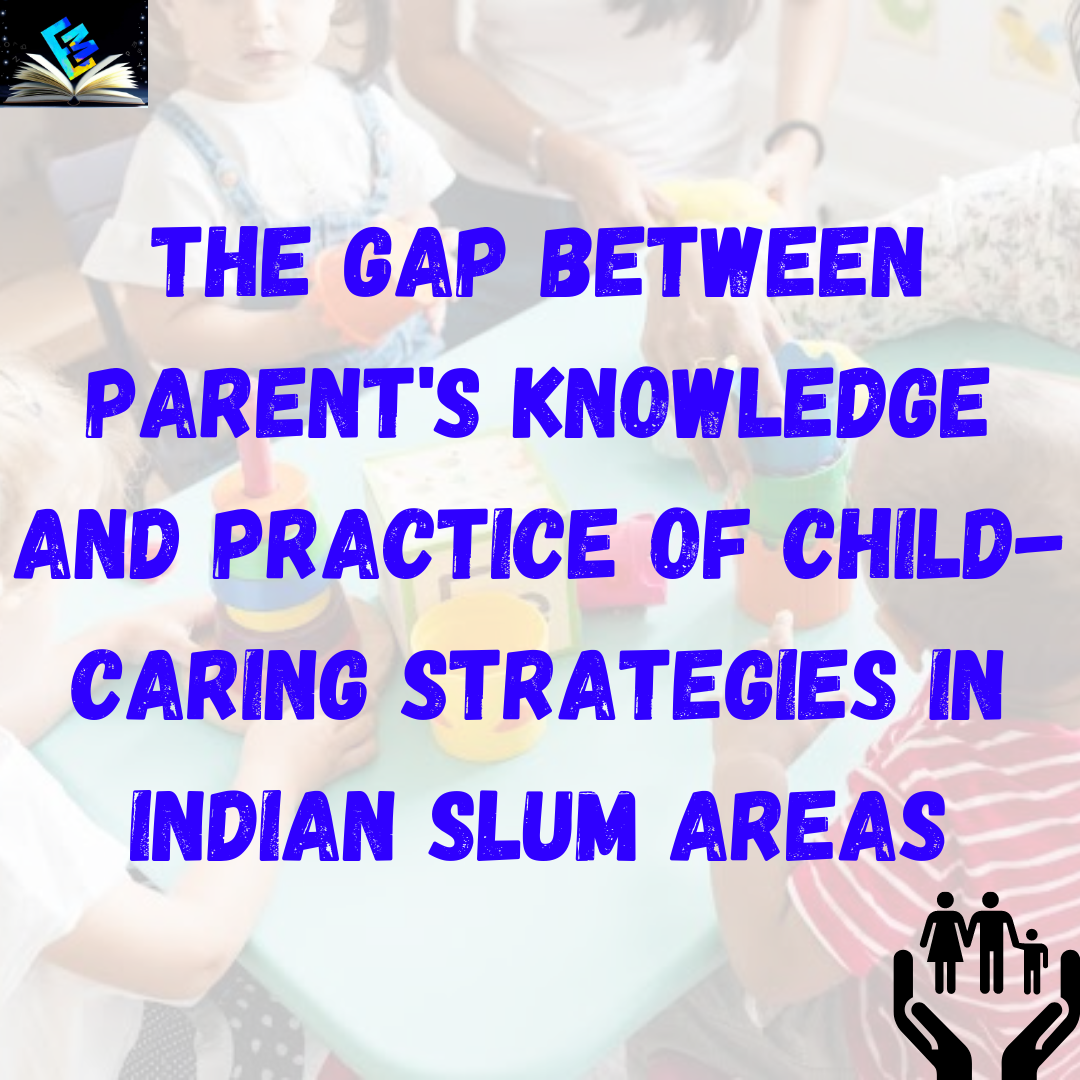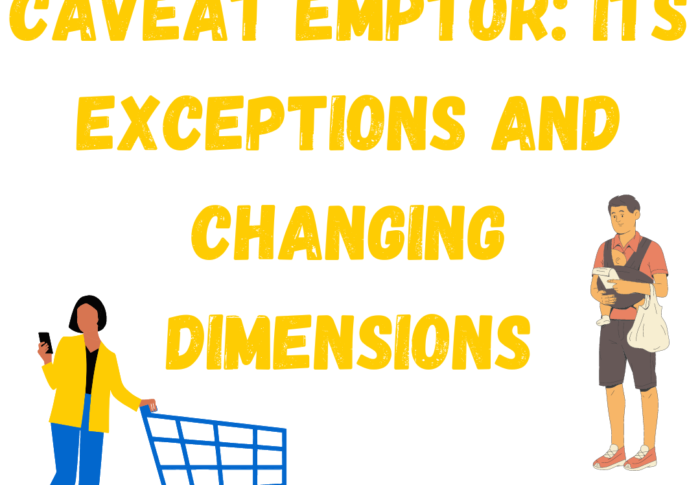
Parent’s knowledge and Child-caring strategies in Indian Slum Areas
The gap between parent’s knowledge and practice of child-caring strategies in Indian slum areas
AUTHOR : DR. SHRUTI
Parenting refers to the process of raising a kid which has multiple tasks and behaviors that incorporate a direct impact on child outcomes. It promotes and supports the physical, emotional, social, and intellectual development of a baby from minority to adolescence. Different parenting styles could vary by race, ethics, socio-economic class, and time period. Childcare refers to the caring and direction of a baby, from infancy to adulthood. Care includes basic wants to social and psychological needs. Few factors like financial gains, socio-economic class, wealth, and culture/cultural values have a big impact as it defines which parenting methods parents use for child care. A parenting vogue is representative of the atmosphere at home. Childcare is a necessary element of one’s life as it marks a significant impact on a child’s development.
Below are some vital aspects of kid care-
- Food/Shelter – Mother has the core responsibility of maintaining the quality of food for the children. Food being the basis of life, it not only provides growth to a child but also helps in intellectual development and social well-being. During the first three years of one’s life, a child develops tastes and habits. The harmonious bonding between the mother and the child helps a child to have appropriate eating habits.
- Cleanliness/Toileting – Bathing a baby is itself a learning habit. This helps in developing a positive bond between mother and baby. It usually takes a month for a baby to pass normal stool. The color initially ranges from dark green to yellow. Bottle-fed usually has a yellow greenish stool.
- Dressing – Dressing a baby is also an art, as it is required to distract them which can be done easily by their toys so that a mother can dress her baby.
- Sleep cycle – Sleep is a congenital habit which can’t be hampered. As age advances, sleep duration reduces.
Apart from above, there are a few more like-
- Safety and Public Health – Giving protection to children from injuries, physical and mental abuse.
- Emotional and Behavioral Capacity – Promotes positive behavior, handling stress, overcoming fears, to simply accept rejections and disappointment. It helps in promoting and managing positive behavior.
- Social Capability – Promotes maintaining a harmonious and positive relationship with peers. Make the kid understand empathy, concern feelings, cooperation, and sharing nature.
- Cognitive Competence – It promotes the development at each stage of his/her life by enhancing skills and capacities.
Childcare is typically influenced by the responsibility of the mother; therefore, the mother’s knowledge has considerably influenced the standard of care given to the child. The level of education incorporates a positive impact on the information of parents as they are significantly related; it shows how they cope up with childcare. Apart from knowledge, the perspective of a mother conjointly makes a positive distinction in childcare.
The child outcomes mentioned above offer the association for considering the – parenting Knowledge, Practices, and additionally Perspective /Attitude. The term “Knowledge” means facts and skills gained from expertise. The term “Attitudes” pertains to viewpoints, perspectives, and thinking methods. It may be related to cultural beliefs. And the term “Practices” refers to parenting behaviors that can shape the development of a kid. In short, knowledge relates to intellect, attitudes relate to encouragement, and practices relate to behavioral ways.
Many studies showed that parents from rural settings have less knowledge about childcare. As parents from slums follow cultural beliefs and not the information provided to them by healthcare providers of their area. Like presently, the myth is spreading in rural and slum areas about death after taking COVID vaccine. Another example, mothers from rural settings/slums prefer breastfeeding and don’t want to add bottle milk, solid diet and juice, pulses on the advice of a doctor as their elder told them just to breastfeed. Also, parents are not aware of the immunization status of their child, as they are not aware of the benefits of the vaccines administered at different intervals of a child’s age.
Child-care is a complex series that starts even from breastfeeding. It is not only limited to feeding, sleep, hygiene but it should also promote healthy and safe surroundings for a child which should ensure emotional and social support to a kid. It also provides a happy nature to a child.
Recommendations for promoting child care:
There are many schemes available which parents should use to get aware of nutrition, immunization, and development of a child such as ICDS (Integrated Child Development Scheme). Apart from these, below are some recommendations which can be done to help promoting child-care:
- Mothers should consult pediatricians to get updated about diet and nutrition for their children.
- Mothers can read magazines which have child-care articles.
- Should play a distinct role in getting aware of the child-care practices.
- Local healthcare providers with the help of ASHA (Accredited Social Health Activist) workers can organize awareness camps through electronic media which can encourage parents to take care of their children.
- Print media can also play a role in motivating parents.
- Parents should use family planning methods that lead to the small number of children per family member.
- Should respond to a child’s emotional needs.
FOR MORE INFORMATION VISIT OUR SITE






